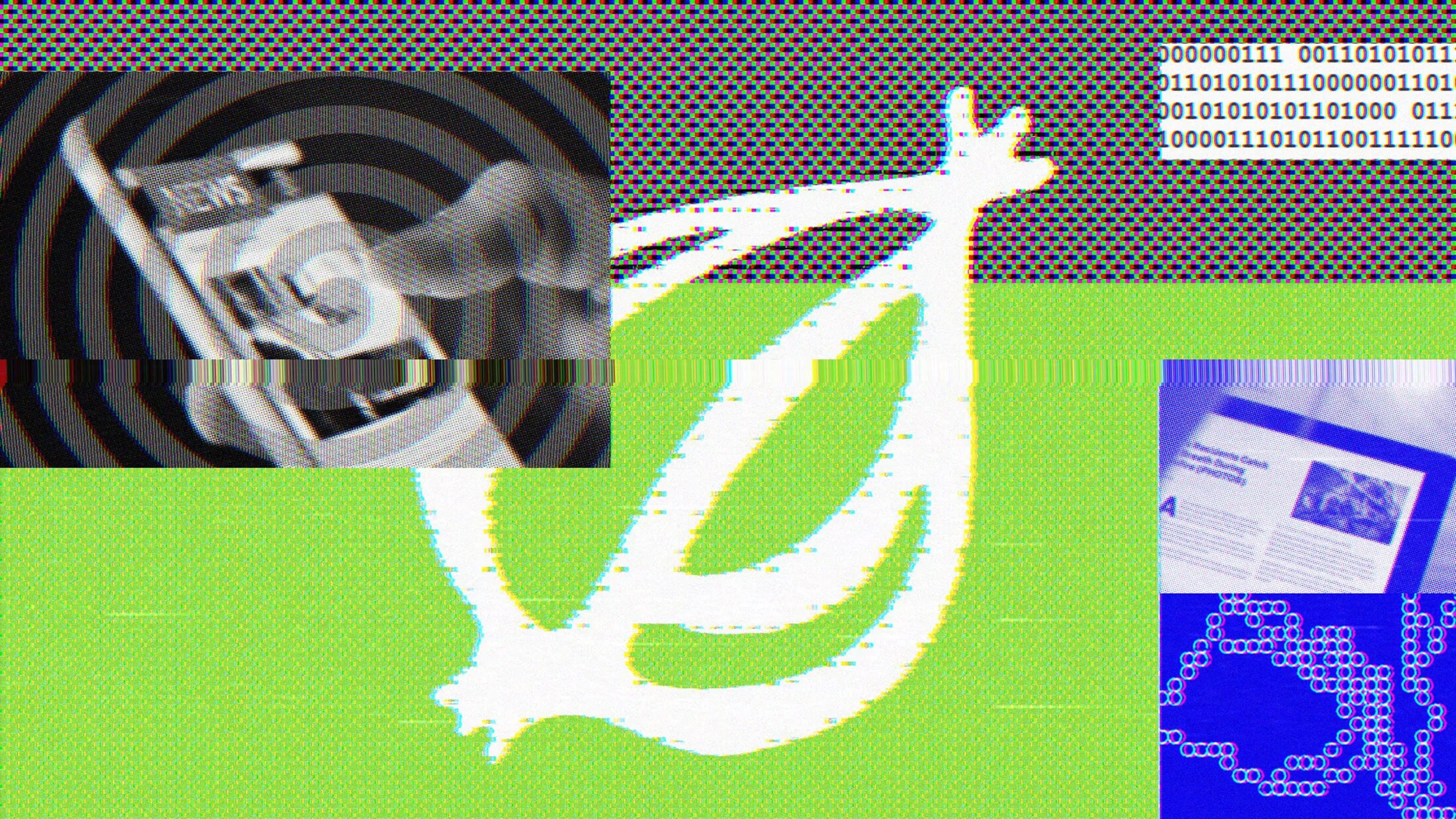The Right to Piracy: The Conflict Behind SOPA

Editor’s Note: Since we last spoke to Brad Burnham in December of 2011, anti-SOPA activists have gained an important ally in President Obama, who voiced his opposition (sort of) to the controversial legislation in a statement released last Saturday. The bill is delayed for now, though the House will return to the issue of piracy in a month. In light of these developments, we’re republishing the first part of our interview with Burnham. Check back tomorrow for part two.
What’s the Big Idea?
Since 2000, the United Nations has promoted universal broadband access as a human right, arguing that “knowledge, more than ever is power” and affirming the conventional wisdom that in a democratic society, information should be cheap, transparent, and easily available. But the speed with which information sharing has caught on — not just as a practice, but a value — has lead to a rift between the digital world and the industries that rely on the idea of “intellectual property” to stay in business. Never has the gap between free and mine been so apparent.
So it shouldn’t come as a surprise that the Stop Online Piracy Act (SOPA) was delayed indefinitely by the House of Representatives last Friday. The controversial legislation pits content providers against internet ventures like Google and Yahoo. According to Brad Burnham of Union Square Ventures and an outspoken critic of the bill, it also amounts to online censorship. Watch the video:
Currently, the Digital Millennium Copyright Act (DMCA) protects copyrighted content while limiting the liability of websites and ISPs for anything uploaded by their users. Companies like Google and Youtube rely on copyright holders to notify them of an infringement. SOPA would place the burden for policing user activity on websites and ISPs, requiring them to block access to a site that is accused of violating the law.
The intent behind the bill is to stop offshore pirate sites from hosting U.S. content without being subject to U.S. law, says Burnham. “This bill has been presented by the content industry as a law enforcement issue, but it is a much bigger issue than that. It’s the first really substantive regulation of the Internet.
A lot of people have positioned this debate as just a battle between the tech industry and the content industry and it’s an insiders’ game. It’s a bunch of rich guys playing around with each other. I don’t think that’s the case,” he adds — the future of online services, from Facebook to the tiniest entrepreneurial startup, depends on finding a solution.
My solution to this is to try to understand it better. If there is one thing that is missing here it’s data. There are a bunch of people who have done a bunch of studies generally financed by the industries on one side of the argument or the other. Both of those tend to be pretty weak. They are not really good studies. There is really very little data about what’s actually happening. I’d love to see people really understand the impact of piracy. How much of it is going on? How much piracy is actually a result of the fact that well intentioned people who would be happy to pay couldn’t find it anywhere else and how much of it is a result of people who just don’t want to pay?
What’s the Significance?
Most people agree that the internet has made us smarter — will it also make us freer? That depends on how we use it. Burnham believes that companies which produce content (Hollywood, music corporations, television) should be required to reinvent their business model, instead of “kill[ing] the medium.” Although we’re used to seeing artists portrayed as the victims in this debate, it’s the industries that are suffering: artists, on the other hand, “are beginning to find really creative ways of financing projects, distributing projects, promoting projects and that’s great. The industry is a little bit slower to adapt.” And maybe they should.
What’s at stake is the future of the internet, and of the economy. “We want to protect the ability for young companies to use the internet and use that data to challenge the existing market structure, to challenge incumbents. That’s the sort of—that creative destruction of capitalism. That’s the secret to evolving this economy in a very graceful way as opposed to trying to hold back the tide, hold back the tide and then having it collapse.”
Image courtesy of Shutterstock.





